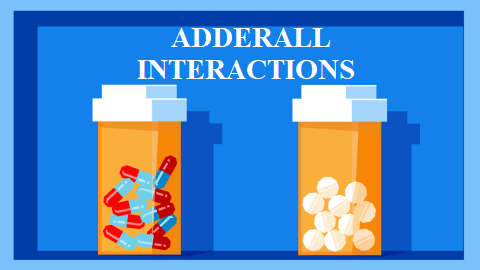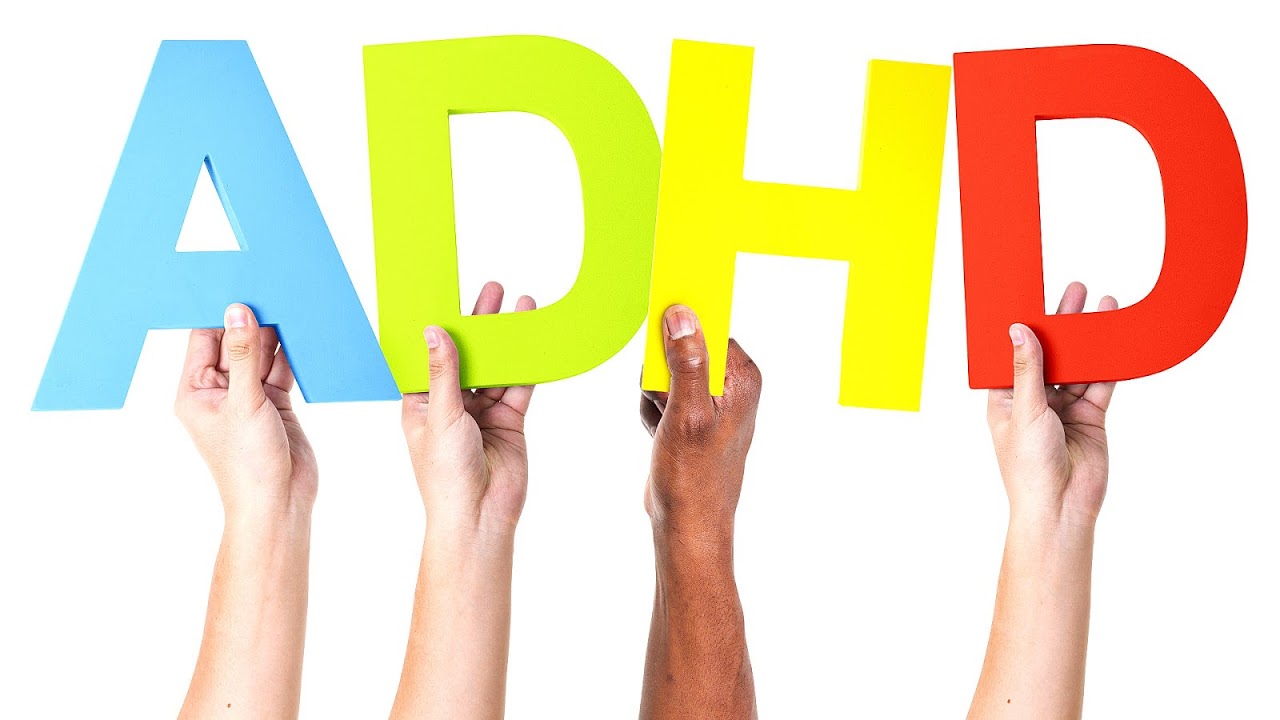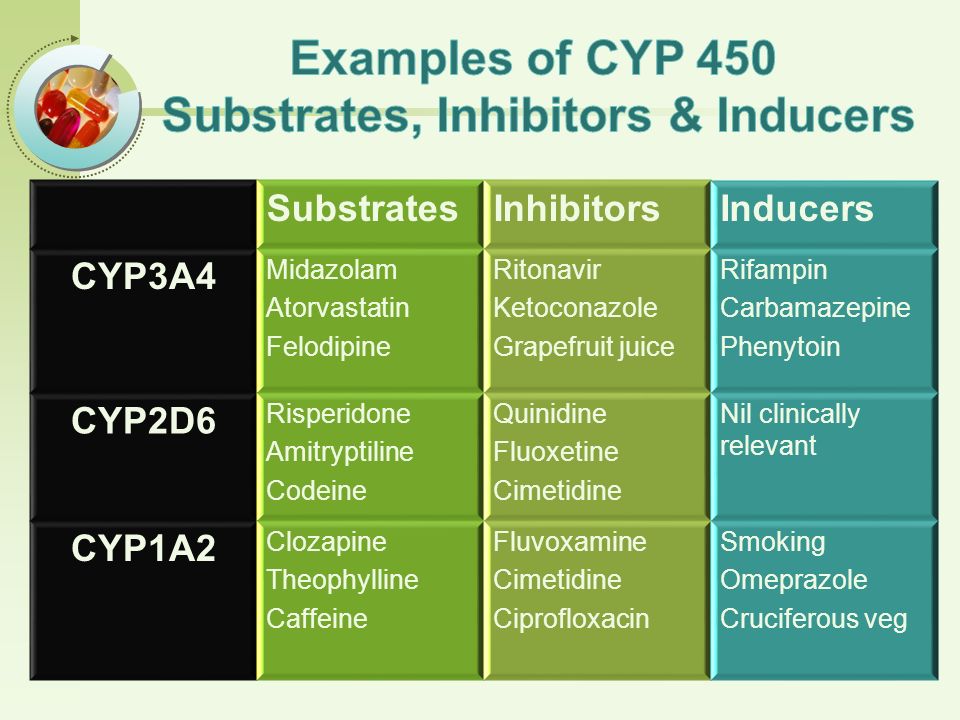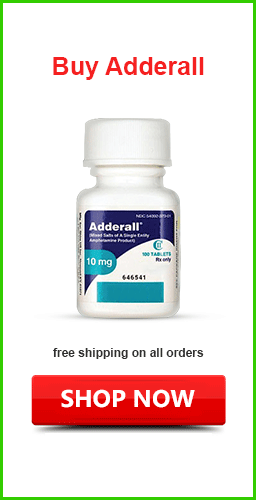
Adderall Interactions: How does Adderall react with other drugs?
Adderall interacts with many medications to produce unwanted effects for the user. An individual must inform the doctor about all the prescription, non-prescription, illegal, and over-the-counter drugs and any other supplements or herbs they use.
Interaction of Adderall with other drugs
Some commonly reported Adderall interactions with drugs include:
Acidifying Agents
The acidifying agents lower the blood levels and efficacy of amphetamines. A doctor should increase the dose based upon the clinical response of each patient. Some acidifying agents include:
- Gastrointestinal acidifying agents, including reserpine, guanethidine, ascorbic acid, and glutamic acid
- Urinary acidifying agents, including sodium acid phosphate, ammonium chloride, and methenamine salts
Adrenergic Blockers
The amphetamines inhibit adrenergic blockers. So, concomitant use of Adderall and adrenergic blockers result in additive effects.
Alkalizing Agents

The alkalizing agents, when used by Adderall or Adderall XR, can increase the blood levels and potentiate the action of amphetamine. People should avoid using gastrointestinal alkalizing agents with the medication. Gastrointestinal alkalizing agents include:
- Sodium bicarbonate
Urinary alkalizing agents include:
- Acetazolamide
- Thiazides
Tricyclic Antidepressants
Adderall enhances the activity of tricyclic or sympathomimetic agents, which causes a striking and sustained increase in the concentration of d-amphetamine in the brain, potentiating the cardiovascular effects.
A healthcare provider should carefully monitor and frequently adjust or use some alternative therapy according to the clinical response of every patient. Some tricyclic antidepressants include:
- Protriptyline
- Desipramine
CYP2D6 Inhibitors
Concomitantly using Adderall with CYP2D6 inhibitors increases exposure of the medication and the risk of serotonin syndrome. A healthcare expert should start with a lower dose and monitor every patient for the symptoms of serotonin syndrome, specifically during the initiation of the medication and after an increase in the dosage. Patients should start on a low dose such as Adderall 5 mg or Adderall 10 mg. If a person develops serotonin syndrome, it is advisable to discontinue Adderall and the inhibitors.

Some common CYP2D6 inhibitors include:
- Fluoxetine
- Paroxetine
- Quinidine
- Ritonavir
Serotonergic Drugs
Using Adderall, along with serotonergic drugs, increases the dangers of serotonin syndrome. Doctors should start giving a low dose such as Adderall 5 mg or Adderall 10 mg to the patients and monitor them for signs of serotonin syndrome, particularly during therapy initiation and dose increase. If the symptoms of serotonin syndrome occur, discontinue both Adderall and the serotonergic drug.
Some serotonergic drugs include:
- Serotonin reuptake inhibitors (SRIs)
- Selective serotonin reuptake inhibitors (SSRIs)
- Serotonin-norepinephrine reuptake inhibitors (SNRIs)
- Tricyclic antidepressants
- Triptans
- Lithium
- Fentanyl
- Tryptophan
- Tramadol
- Buspirone
- St. John’s Wort
MAO Inhibitors
Concomitant use of monoamine oxidase inhibitors and central nervous system stimulants such as Adderall can cause hypertensive crisis. Potential outcomes of interactions with MAOIs include stroke, myocardial infarction, aortic dissection, eclampsia, ophthalmological complications, pulmonary edema, and renal failure. Patients should not use Adderall or Adderall XR within 14 days after the last use of MAO inhibitors.
Some monoamine oxidase inhibitors include:
- Tranylcypromine
- Selegiline
- Phenelzine
- Isocarboxazid
- Methylene blue
- Linezolid
Antihistamine Drugs
Amphetamines like Adderall may counteract the effects of sedation of antihistamines.
Antihypertensive Drugs
Adderall and other amphetamines may antagonize the effects of hypotension of the antihypertensive drugs.
Chlorpromazine
Chlorpromazine works by blocking the dopamine and norepinephrine receptors, which inhibit the central stimulant effects of amphetamines; thus, they are useful in treating Adderall poisoning.
Ethosuximide
Adderall interacts with ethosuximide to delay its intestinal absorption.
Haloperidol
Haloperidol is known to block dopamine receptors. As a result, it inhibits the central stimulant effects of Adderall when taken concomitantly.
Lithium Carbonate
Lithium carbonate may inhibit the anorectic and stimulatory effects of Adderall if taken together.
Meperidine
Adderall, potentiate the analgesic effects of meperidine.
Methenamine Therapy
Methenamine therapy uses acidifying agents that increase the urinary excretion of Adderall and reduce the efficacy of the medication.
Norepinephrine
Adderall increases the adrenergic effects of norepinephrine.
Phenobarbital and Phenytoin
Adderall contains amphetamine, which delays the intestinal absorption of phenobarbital and phenytoin. Concomitant use of Adderall and phenobarbital or phenytoin may produce a synergistic anticonvulsant action.
Propoxyphene
If a person overdoses propoxyphene while using Adderall, it leads to central nervous system overstimulation that results in fatal convulsions.
Proton Pump Inhibitors
Concomitant use of proton pump inhibitors and Adderall decreases the time to a maximum concentration of the medication. A health care provider should monitor patients for changes in clinical effects and adjust the treatment according to the clinical response of each patient. A photon pump inhibitor includes:
- Omeprazole
Veratrum Alkaloids
Adderall inhibits the hypotensive effects of veratrum alkaloids.
Alcohol
Drinking alcohol while taking Adderall XR may result in a rapid release of amphetamine dose, which potentiates to severe side effects such as insomnia, anxiety, an increase in heart rate or blood pressure, heart problems, or stroke. People also co-administer Adderall immediate-release tablets with alcohol to get a more intense Adderall high, which may lead to undesirable effects such as increased drowsiness, memory impairment, blurred vision, and others.
Foods or Beverages containing Caffeine
Taking excessive caffeine with Adderall may worsen the side effects of the medication. Concurrently taking more caffeine with medicine increases the risks of nervousness, nausea, palpitations, tremor, rapid heartbeat, insomnia, and other effects.
Acidic Foods
Acidic foods such as grapefruit juice, orange juice, or other citrus juices may decrease the absorption of Adderall.
Medical Marijuana
Concomitant use of medical marijuana and Adderall is strictly not recommendable. Taking them together increases the risk of palpitations, high blood pressure or heart rate, nervousness, severe headache, insomnia, and some other effects.
Below are some of the frequent interactions of Adderall. For complete details on Adderall interactions, a person should contact a health care provider.

